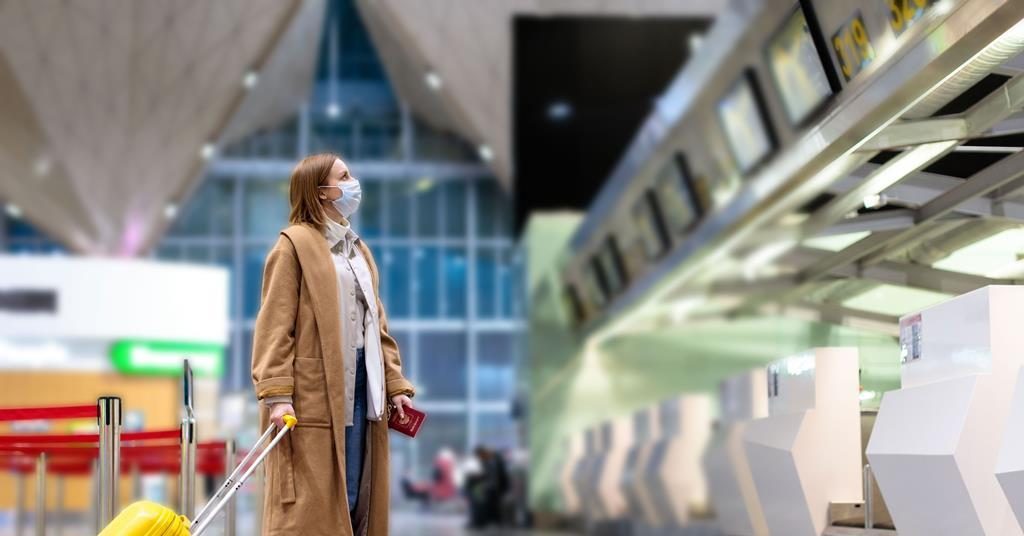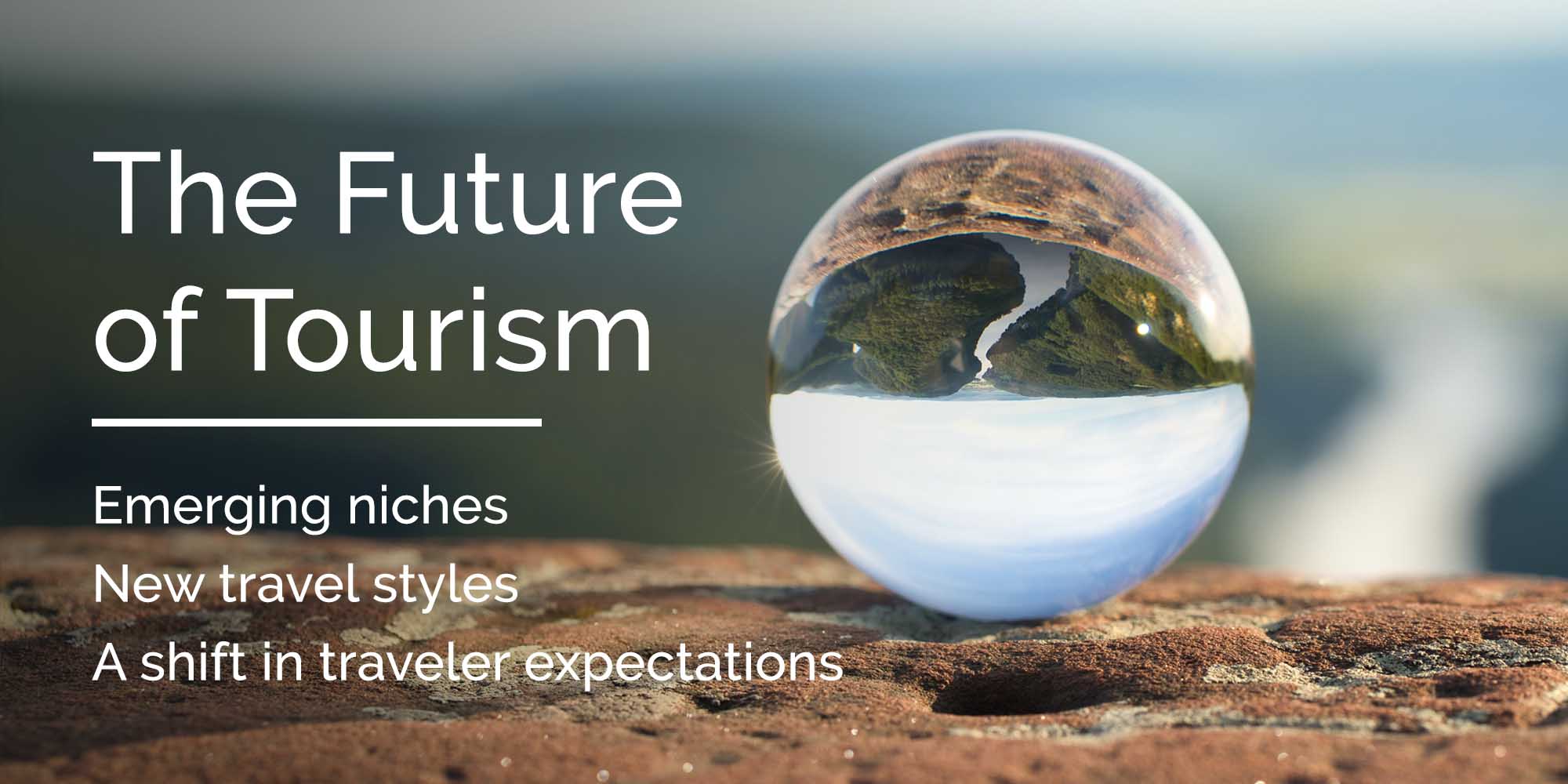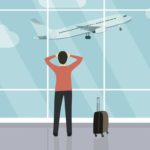Airlines Reporting Corp. (ARC), Expedia.com, Generali Global Assistance and Amadeus have all weighed in on what is defining travel now and what will be some guiding influences as we gently round the bend toward a new year.
In the 2021 Travel Trends Report, analyzing extensive travel data from Expedia and ARC to uncover key search and booking trends for travelers, one trend was pervasive throughout the findings: travelers are staying closer to home in this moment of uncertainty and exploring destinations they might not have considered otherwise. For airlines, activity centered on low pricing and lower pricing, according to seasons, known cycles and consumers opting to sit out their plans rather than get on a plane.
Top insights in the report noted money-saving strategies for purchasing travel, evolving traveler priorities, and trending destinations in key global markets.
- Average ticket prices are historically low for U.S. travelers, but seasonality, advance purchase and departure timing are still impacting pricing.
For U.S. travelers, average ticket prices for domestic flights hit their lowest level of the year in April and have since begun to rebound. From May to October, prices were still 25-35 percent lower year over year and followed the usual seasonality curve.
Average ticket prices for international flights briefly spiked in April before normalizing back to 2019 levels in mid-June. They finally settled at a point that was 30-35 percent lower year over year for rates during the fall months.
- Travelers continued to save on airfare by booking on a Sunday and departing on a Thursday or Friday.
According to ARC’s global airline sales data, U.S. travelers who booked flights on Sunday saved on both domestic and international airfares. Additional savings were gained by departing on a Friday for domestic trips, or on a Thursday for international trips — when fares are typically lower.
- Flexibility has become a top priority, with most travelers purchasing flights less than a month out.
In 2019, the average U.S. traveler booked flights around 35 days in advance of their departure date, but during the onset of the pandemic, that window lengthened to 46 days. Travelers are now purchasing flights just 29 days out. This is the first time in years that the average advance purchase window has narrowed from the 30-day mark.
Expedia.com lodging data shows that, in 2020, U.S. travelers booked refundable rates 10 percent more often compared to 2019. That flexibility is also more affordable: According to Expedia.com, average daily rates for refundable bookings were 20 percent cheaper in 2020 compared to 2019.
- Domestic destinations with outdoor activities are trending in 2020.
In an odd, but given the context of the pandemic, not so surprising find, destinations such as Lake Havasu, Arizona; New Bern, North Carolina; and The Hamptons, New York topped Expedia’s list of 2020 trending destinations seeing the best year-over-year growth, based on lodging demand.
- Beaches and vacation cities are among Expedia’s most-searched destinations for 2021.
Beach resorts such as Cancun, Mexico (#1); Riviera Maya, Playa del Carmen and Tulum, Mexico (#2); and Punta Cana, Dominican Republic (#5) are among the most popular Expedia.com searches for 2021, along with vacation cities such as Las Vegas (#3), Orlando (#4) and Miami (#8).
“What we learned by looking at traveler behaviors in a year as unusual as 2020 is that travel will always be an integral part of our lives,” says Christie Hudson, Senior PR Manager for Expedia brand. “Travelers responded to the uncertainty and restrictions by finding ways to safely explore closer to home, and the result is a bigger emphasis on flexibility and a list of trending destinations that are inspiring and attainable for the year ahead.”

Travelers Staring Down the Odds
According to travel insurance provider Generali Global Assistance in its Holiday/2021 Travel Sentiment Survey, all of the consumers surveyed indicated that they were planning to travel in the next 18 months. Of the subgroup planning to travel in 2020, 73.6 percent of those indicated they would be traveling during the upcoming holiday season despite a surging pandemic and a national checkerboard of stay at home decrees. Some 78.5 percent of travelers indicated they were planning to travel in either the spring or summer 2021 – 90 percent traveling for leisure in 2021, while 17.5 percent planned on traveling for business. In the current year, as the pandemic rages, those surveyed did indicate a lack of confidence towards international travel through 2021. However, 53.9 percent noted they will comfortable traveling internationally again six months after a vaccine is available for Covid-19.
The survey identified the countries and states that most U.S. travelers plan on traveling to in 2021:
| Top 5 International Destinations in
2021 |
Top 5 Domestic Destinations in
2021 |
| France | Florida |
| Mexico | California |
| Italy | New York |
| Germany | North Carolina |
| Canada | Texas |
Anywhere for the Holidays
During the upcoming holiday season, 53.3 percent of the survey participants planning to travel in 2020 are planning to stay in a hotel for their trips while 49.5 percent indicated they would be staying at a vacation rental for the holidays. Another cohort of 38.1 percent have plans to stay with friends and family. Surprisingly, despite the headlines and new records in corona-related cases and death, 13.5 percent of those respondents planning to travel over indicated they’ll be taking a cruise for the holidays. Planes remained the second most popular form of transport, behind driving.
Insurance Relief Pill
The pandemic has significantly impacted the average consumers’ decision to purchase trip protection or travel insurance. Some 58.1 percent of the survey participants said they were more likely to purchase travel insurance this year and for trips going forward.
Amadeus Offers some Sobering Suggestions
As the dark chapter that is the year 2020 comes to a close, the success of the travel industry hinges on the collective ability to adapt, innovate, and collaborate to make travel easier, safer and more seamless than ever before.
Will things be “back to normal?” Pre-COVID, the travel industry contributed approximately US $8.9 trillion to the world’s GDP – that’s roughly 1 in 10 jobs. In 2021, according to Amadeus, this desire will remain a force and act as a powerful driver that will push the travel industry forward.
So, as the world continues to rethink travel, here are five trends that will be shaping travel in 2021.
Go Big or Stay Home
A recent Amadeus survey found that 55 percent of travelers said they would travel for 14 days or more, and 60 percent are now expecting to take only a few trips a year – which suggest that if people travel, they may want to go all out, whether near or far from home.
To make up for lost time, travelers are likely to gravitate to “big idea” or “bucket list” trips that can vary from a three-hour road trip to an intercontinental flight. Whether it’s a horseback riding tour through Petra, climbing Mount Kilimanjaro, scuba diving through Australia’s Great Barrier Reef, or hiking or rafting through the Grand Canyon, this is the year travelers will finally book that once-in-a-lifetime adventure they’ve been dreaming of since they first watched Indiana Jones.
After spending a year mostly cooped up indoors, travelers will be looking for unique experiences in far flung places. If they’re going to fly, they will stay longer, and invest more to make sure that one trip really counts.
Takeaway: In 2021, if a traveler is planning a trip, they’re going all out. Travel providers, agents and destinations should be prepared to surprise and delight travelers with unique, unexpected, and once-in-a-lifetime experiences while staying abreast of the destinations latest policies and safety measures regarding COVID-19.
The Wandering Office
Even once COVID-19 is largely under control, employers and employees have proven that remote work works, and a newfound employee perk is the ability to work from anywhere.
Barbados was the first country to strike on this opportunity: their “digital nomad” visa means you can work from paradise for a year. Bermuda, Anguilla, Georgia, Dubai, Estonia swiftly followed, and Aruba and Croatia are next. In Portugal, Martinhal Resorts is offering a reduced rate for long-term stays aimed at families who want to relocate, and the company Love Home Swap offers people the opportunity to swap houses for an extended period to travel and work from the comfort of someone else’s home.
Takeaway: The world is everyone’s oyster… or rather, office. Now is the time to craft special offers to lure bleisure travelers looking for longer stays.
The Loyalty Shift
COVID-19 has upended the traditional dynamic of traveler loyalty. While before, travelers racked up points to determine the level of service they experienced, health, hygiene and safety is the new currency for earning customer trust. With 40 percent of tourists saying they favor airlines, airports, and hotels with higher health and safety standards, better service for all isn’t up for negotiation.
Travel companies have been quick to act: Hilton Hotels offers contactless hotel stays; staff at the Marriott now clean with electrostatic sprayers; Accor introduced ALLSAFE for elevated cleanliness protocols and prevention standards; and IHG created a dedicated Cleanliness Council called “Commitment to Clean”; while Lufthansa and other airlines are linking tickets to COVID-19 tests.
Takeaway: The customer comes first now more than ever and earning miles and extra nights might not carry the same value they once did. Travel companies must go the extra mile to ensure the health and safety of their travelers, or risk losing their loyalty and trust.
Swipe Right on Tech
In a recent survey conducted by Amadeus, more than four in five travelers said technology would increase their confidence to travel in the next 12 months. Solutions that enhance transparency, clear communication, and seamless payments and boarding are the clear winners of 2021.
Airlines and airports have been quick to adopt touchless technology and it shows no signs of slowing down in 2021. Cathay Pacific offers contactless check-in, biometric gates at boarding, and modified meal service to reduce contact with the crew, while United Airlines has introduced what it says is the first touchless check-in experience of any airline at London Heathrow Airport. Trial touchless technology at a large number of airports now allow passengers to check in, drop bags, proceed through security, and board their flight.
And unsurprisingly, rapid COVID-19 testing is also on the rise for all departing and arriving passengers. Heathrow Airport is preparing to launch a simple COVID-19 saliva screening test that aims to provide an accurate result within 20 seconds.
Takeaway: In 2021, safety will be paramount, and simple tech solutions could be that nudge to get people exploring the world more confidently again.
Travel with an Impact
Pre-COVID, travelers were already grappling with the environmental and societal impact of tourism — both good and bad. The enforced pause created by the COVID-19 situation only gave people more time and space to notice how travel impacts the planet and local communities.
So it’s no surprise that the Faroe Islands announced that it was “closed for maintenance” but open for “voluntourists” last year. Meanwhile, the European Commission declared that 2021 will be the European Year of Rail to promote sustainable travel across the continent and support the delivery of its European Green Deal objectives.
Airlines have also heard the call: Norway committed to flying electric planes for all of its short-haul routes by 2040, while Canadian-based airline Harbour Air aimed to be flying electric flights between British Columbia and Washington State by 2021.
Travelers want to do good: a recent survey found that 68 percent of travelers want the money they spend on travel to go back into the community5. Demand for trips that actually help to regenerate a location will begin to soar in 2021.
Takeaway: In 2021, travelers will be more conscientious about how they travel. Travel companies can help travelers minimize the footprint of their journey, and make sure their presence is having a positive impact on their host destination.





























Get Social